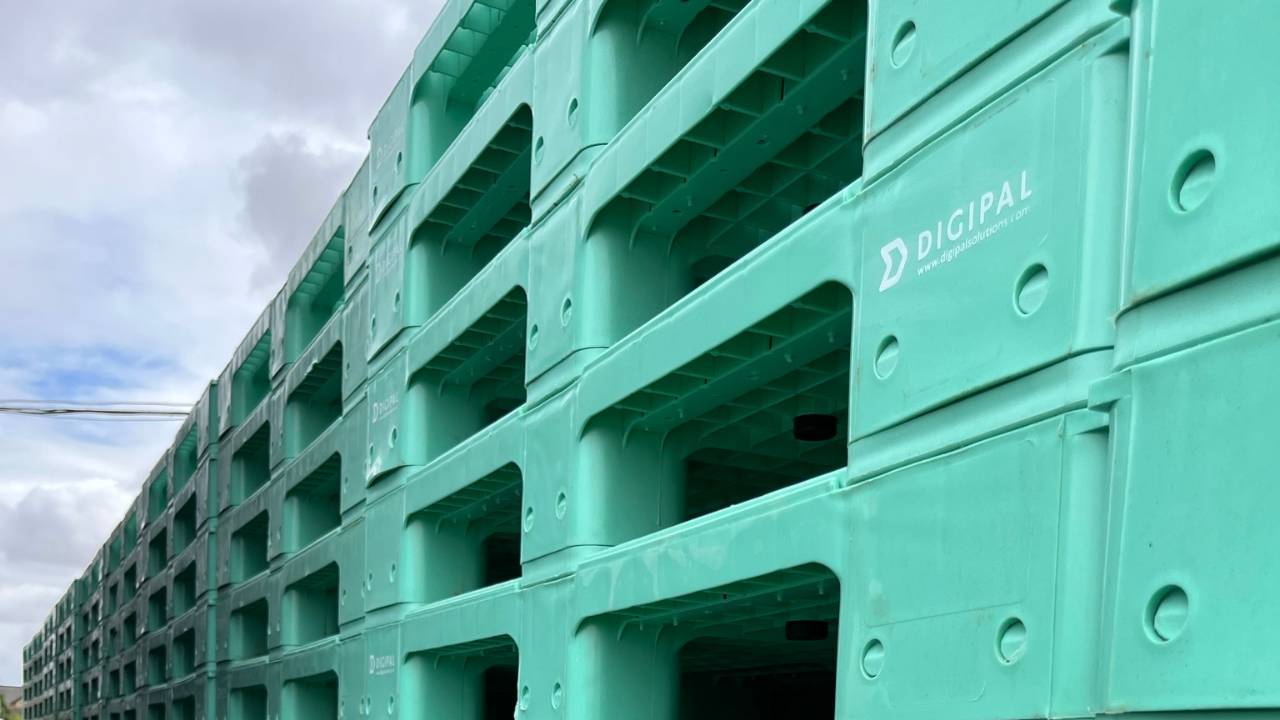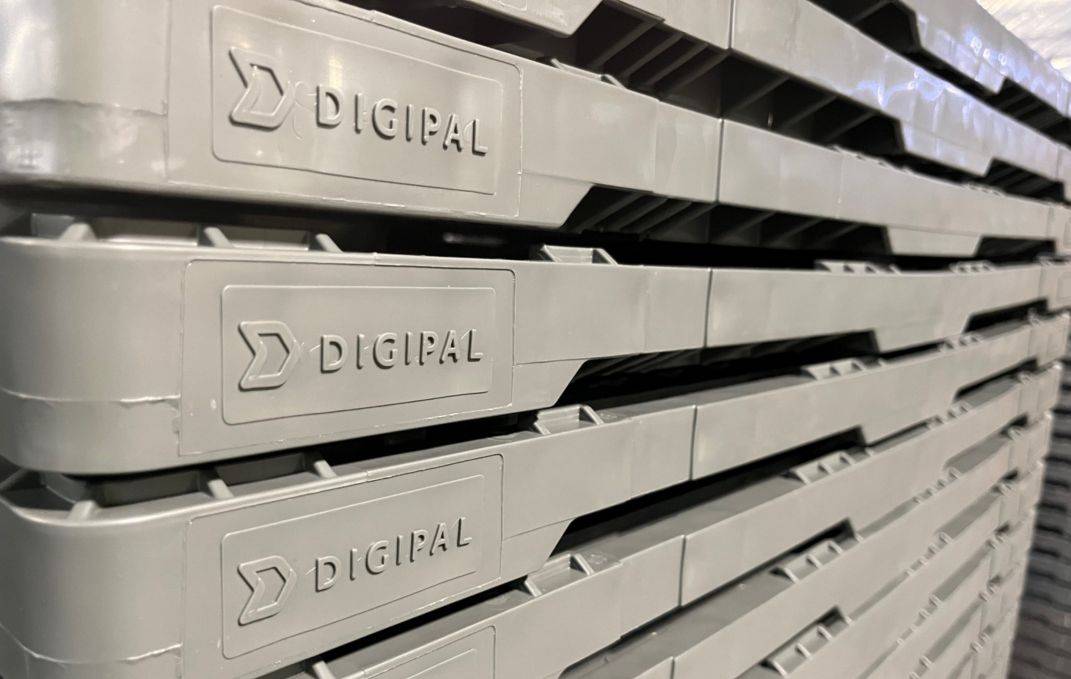It’s no secret that sustainability is top of mind for many organisations, and cutting the use of plastic is often seen as a way of making your processes more sustainable.
The fact is that plastics aren’t inherently bad – it’s about how we use and reuse them.
The problem with plastics
It’s common knowledge that plastics are considered to harm the environment. However, it’s our behaviours around disposing of plastic that cause the real problem.
The concerns often apply to single-use plastics that cannot be recycled or are incorrectly disposed of. This lack of care can result in plastic landing in oceans and landfill sites, and harming the environment, wildlife and their habitats.
When operating with reusable plastics, you can take advantage of their benefits without making a negative impact on the environment.
The benefits of reusable plastics
We’ve established that plastics aren’t bad – it’s people using them in the wrong way.
So what are the benefits of using reusable and recyclable plastics in logistics?
- They’re lightweight
The lightweight nature of plastic items makes them easier to transport, resulting in reduced shipping rates and allowing for more accurate financial planning.
- They’re stronger
Despite their lightweight designs, reusable plastic products are often constructed with sturdy materials, making them able to withstand transportation and providing protection against impacts and vibrations
- They’re easier to organise
Plastic containers and pallets can be designed specifically for efficient stacking, not only optimising space, but also adding stability to your load
- They’re more hygienic
Plastic products can usually be washed easily with soap and water, making them much more hygienic than their counterparts. Not only that, but Digipal’s Plastic Pallets are resistant to mould, moisture and fungi
- They’re cheaper
Despite the initial higher cost, the reusability of plastics can mean that using them is cheaper over time.
Plastic pallets vs wooden pallets
Which side are you on?
Although plastic pallets are rising in popularity, the wooden pallet market is still booming. As of 2023, the market was valued at around $11.1 billion, with a growth rate exceeding at 5% CAGR. This report concluded that demand for wooden pallets has continued to surge due to growing sustainability concerns – but Digipal’s Plastic Pallets are a more sustainable choice.
Why Digipal’s Plastic Pallets?
Digipal’s Plastic Pallets are a more sustainable and environmentally friendly option. Plus, every one of our Plastic Pallets, whether they’re purchased, rented or pooled, are 100% recyclable, meaning that, when they do reach their end of their lives, they can be made into new plastic pallets and the cycle starts again.
Our pallets outperform the life expectancy of wooden pallets, lasting around 250 trips before they need any major repairs. Not to mention, 25% of wooden pallets end up broken or lost, compared to just 2% breakage for plastic pallets and 0% loss due to IoT tracking. They have been designed to handle any supply chain, and tested to a BS8611 standard to handle consistent weight loading every time.
Our plastic pallets are designed with the operator in mind, helping you streamline your operations and supply chains. They are lighter than wooden pallets, use a unique ‘anchoring’ system to lock plastic crates to the top deck and even feature non-slip inserts to avoid movement on forklift tines.
Sure, wooden pallets are cheaper to begin with. But Digipal Plastic Pallets are IoT-enabled, allowing you to drastically reduce the rate of asset loss and boost your profits.
On top of this, they are exempt from ISPM15 and, therefore, packaging doesn’t require the same border inspections as wood, often resulting in better crossing speeds and lower transport costs.
If you’re ready to make a sustainable choice when it comes to your pallets, read more about our fully recyclable products, how we stay sustainable and our answers to some common questions about our Plastic Pallets.

